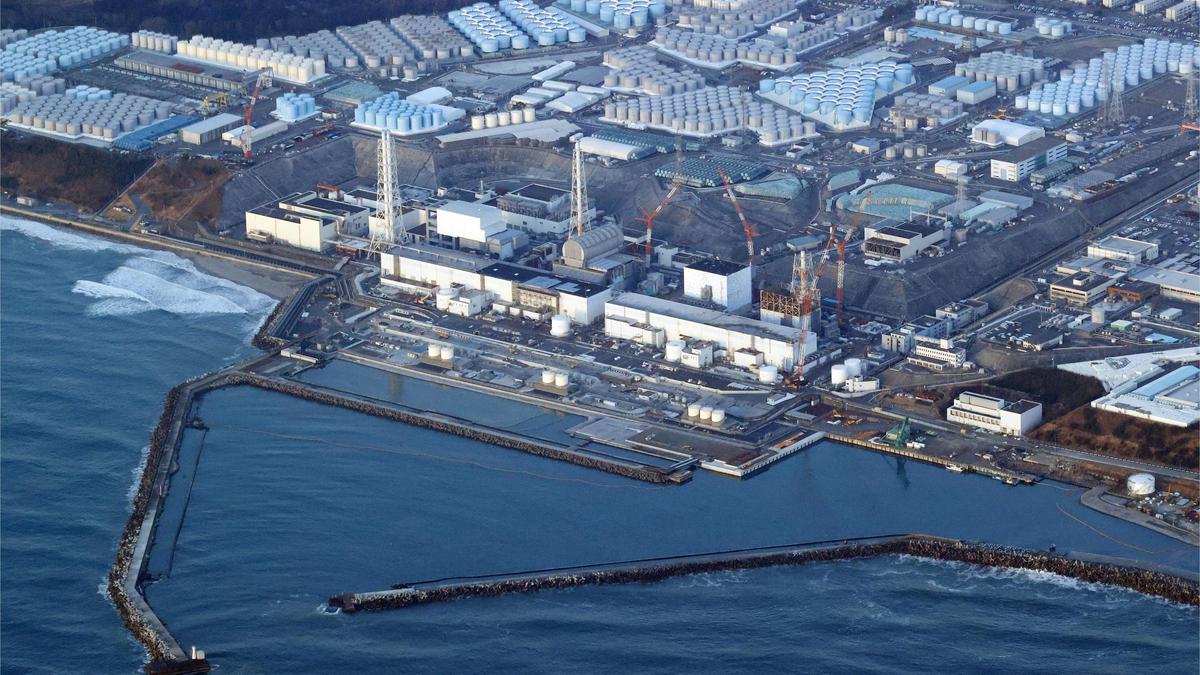
Japan reverts to maximum nuclear power to tackle energy, climate
The Hindu
New policy by Japan, promotes greater use of nuclear energy to ensure stable power supply amid global fuel shortages
Japan on 22 December adopted a new policy promoting greater use of nuclear energy to ensure a stable power supply amid global fuel shortages and to reduce carbon emissions — a major reversal of its phase-out plan since the Fukushima crisis.
The new policy says Japan must maximize the use of existing nuclear reactors by restarting as many of them as possible and prolonging the operating life of old reactors beyond their 60-year limit, and by developing next-generation reactors to replace them.
Anti-nuclear sentiment and safety concerns rose sharply in Japan after the 2011 Fukushima disaster, and restart approvals have since come slowly under stricter safety standards. Utility companies have applied for restarts at 27 reactors in the past decade. Seventeen have passed safety checks and only 10 have resumed operations. That was in line with Japan's earlier plan to phase out nuclear energy by 2030.
In a reversal, the new policy says nuclear power provides stable output and serves “an important role as a carbon-free baseload energy source in achieving supply stability and carbon neutrality” and pledges to “sustain use of nuclear power into the future."
The Economy and Industry Ministry has drafted a plan to allow extensions every 10 years for reactors after 30 years of operation, while also permitting utilities to subtract offline periods in calculating reactors’ operational life beyond the current 60-year limit.
The plan was approved on 21 December by the Nuclear Regulation Authority, Japan's nuclear watchdog, paving the way for the policy to be adopted. New safety inspection rules still need to be compiled into law and approved by Parliament.
Most nuclear reactors in Japan are more than 30 years old. Four reactors that have operated for more than 40 years have received permission to operate, and one is currently online.











